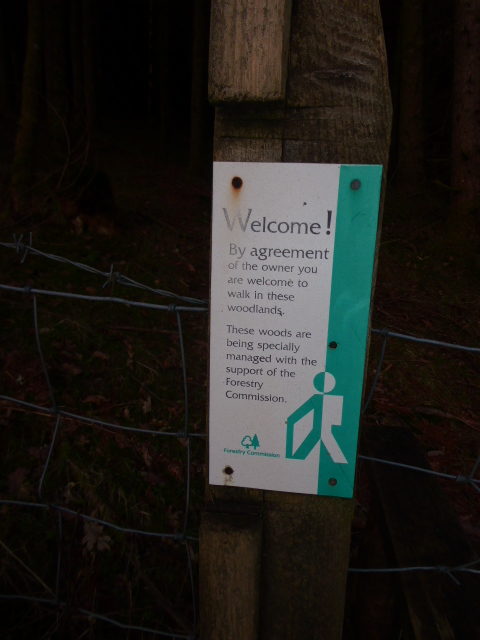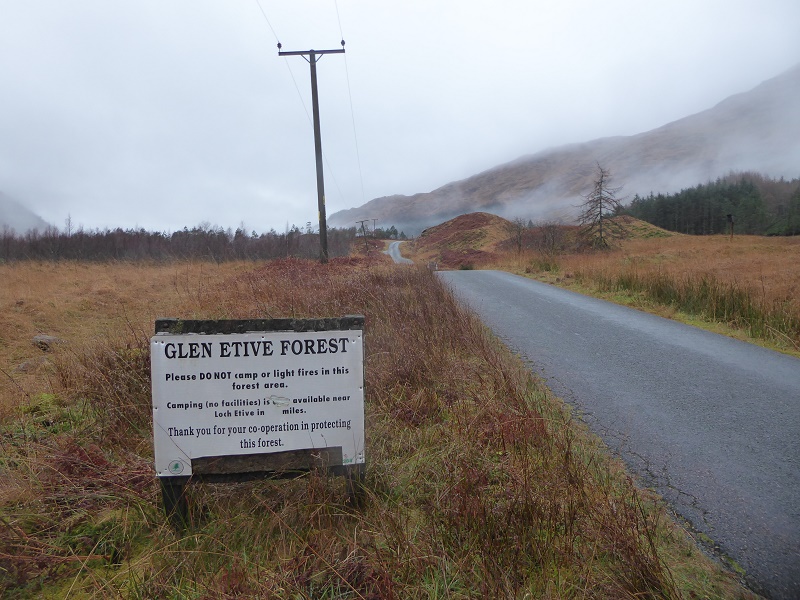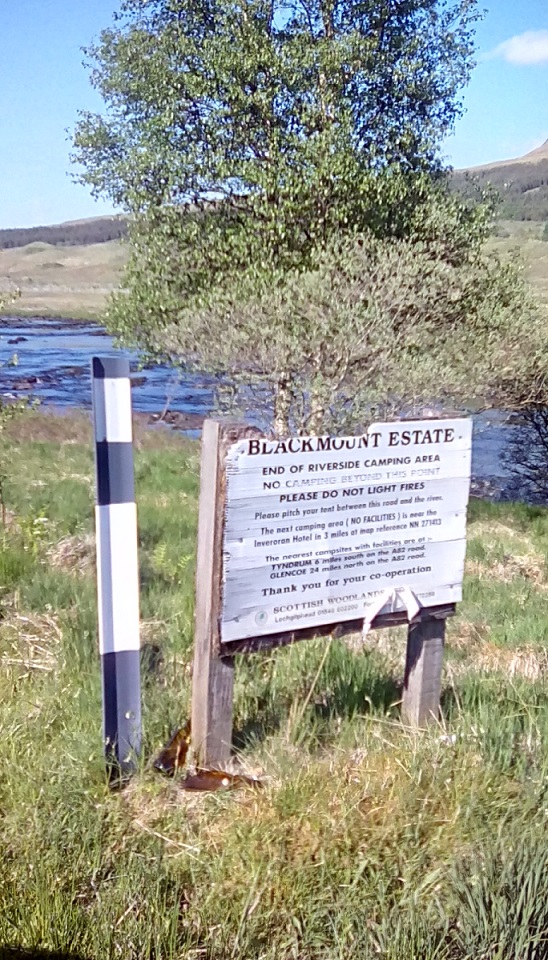
Ten days after reporting this sign, which I had used as an example of why people need to report signs which contravene access rights (see here), the Loch Lomond and Trossachs National Park Authority Access Team responded to say it had been removed:
Dear Mr Kempe
I am contacting you to inform you that the sign you reported at the layby on the A82 has now been removed. This was an old sign that pre-dated the Land Reform Act and had not been brought to our attention previously.
Kind regards
The Recreation & Access Team
The LLTNPA Access Team deserve to be congratulated for acting so rapidly and effectively.
What is worrying though is that these signs had remained in place 15 YEARS beyond their sell-by date and the Access Team did not know about them. That’s not their fault but as I have said before it raises serious issues about whether the Park’s Rangers, who must have driven through this layby 1000 times since access rights were enacted, have ever been properly trained? Had they been so and had they been asked to “police” landowners as well as the public, all these signs would have gone years ago. A large part of the problem – which is not individual Rangers fault either – is that the Park’s senior management have been trying to turn the Ranger Service into the Park’s own private enforcement agency for the camping byelaws instead of making both landowners and visitor aware of the provisions of the Scottish Outdoor Access Code.
Most success is not so easily won
 In my last post on access rights, I reported on a similar apparent success. Soon after reporting the No Camping signs in Glen Etive, Scottish Woodlands responded to Mountaineering Scotland to say they would take the signs down. What a contrast I thought to Forestry Commission Scotland.
In my last post on access rights, I reported on a similar apparent success. Soon after reporting the No Camping signs in Glen Etive, Scottish Woodlands responded to Mountaineering Scotland to say they would take the signs down. What a contrast I thought to Forestry Commission Scotland.
The egg soon landed on my face! A reader then contacted me to say that he had been promised the same – three years ago! – and provided documentary proof of this. I have alerted both Highland Council and Mountaineering Scotland and I hope this time the signs come down but, until they do, I will withdraw my comments about Scottish Woodlands being a responsible forestry company in terms of public access.
The same reader pointed out that the Scottish Woodlands name is also on the Blackmount Estate signs by the River Orchy:

I happen to have reported these signs three years ago, when I started to become aware of the number of No Camping signs still in place across Scotland. In 2015 I spent time in dialogue with Argyll and Bute Council, the responsible Access Authority, and Scottish Natural Heritage because of claims made by the estate that camping was a threat to the regeneration of the Caledonian Pine Forest at Doire Darach (just along the road from here on the shores of Loch Tulla). Those claims were all nonsense, in part because the ground in the forest is far too rough for camping and in part because camping in itself poses no risk to forest unlike fires. There was, however, very little risk of either because where most people want to camp hereabouts is on the flatter grassy banks by the river and that is precisely where the signs are located!
Unfortunately, I failed to follow this up and understand the signs are still there. I have therefore gone back to Argyll and Bute – who appear never to have responded to my last emails – and asked them once again to pursue this matter inspired by the fact that both Highland Council and the LLTNPA now appear to be taking action against no camping signs.
The moral of these two stories about Scottish Woodland Signs – don’t be fobbed off and follow up all you report!
I suspect my repeated requests to the LLTNPA about progress on removing unlawful No camping signs in the National Park has eventually forced their senior management to allow their access team to deal with the issues. People who care about access rights need to remember that frontline staff are not necessarily free to act in defence of access rights and that landowners appear still to have far too much influence over senior management.